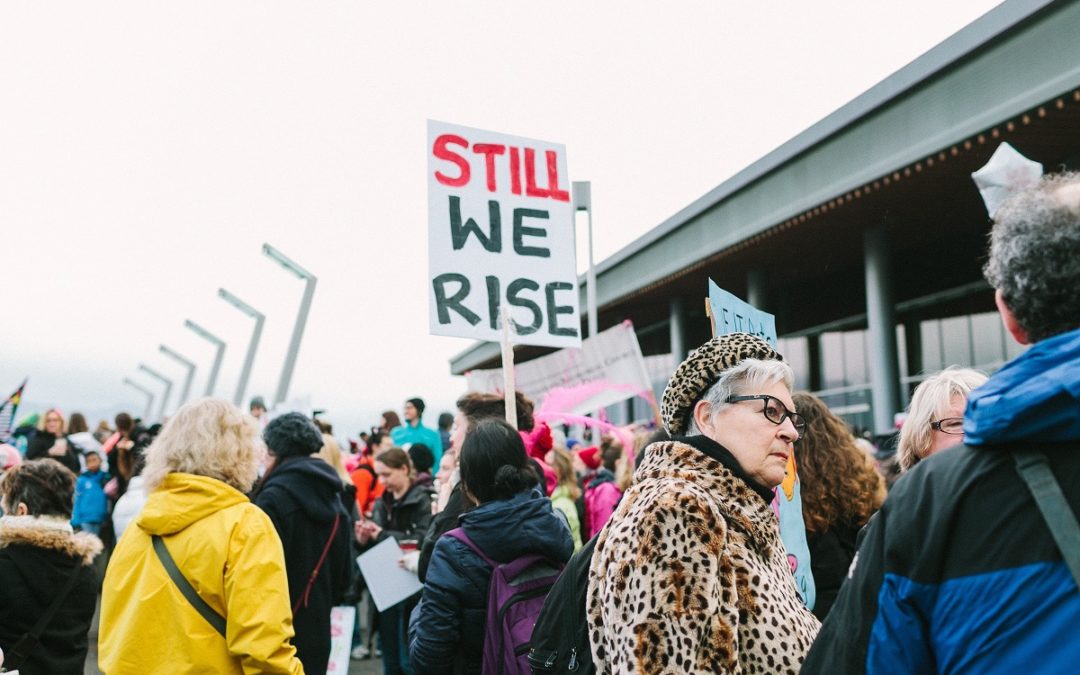Being a Karel Fellow was incredibly rewarding – and incredibly difficult. It’s hard to admit that even though I’ve done some sort of communications work since high school, I know practically nothing about using this field for the kind of advocacy that would directly affect lives – even though that’s what I thought I had signed up to do previously.
From the start, I wanted to be a storyteller. But storytelling is…well, it’s hard. The story we tell, no matter what cause we’re working towards, will ultimately have to be about a vision for the future that we can all achieve. And our story must create a public demand for action because that’s the only way we will be able to advocate for policies.
But driving this demand and pushing subsequent policies isn’t as easy as it sounds. The story we tell amounts to nothing if people aren’t rallying around it and the future we’re presenting.
And so I had to figure out how to use my voice to a) be heard, and b) tell a story that doesn’t reinforce the injustices I’m trying to counteract.
This isn’t easy. Oh my God, this isn’t easy – especially because the work I did this summer advocated for foreign policy and global health diplomacy, two ideas that are under attack by the Trump administration.
I interned at the International Partnership for Microbicides (IPM), an organization that’s focused on developing HIV prevention methods for women worldwide. IPM’s work falls right in the middle of foreign policy and global health. Over the summer, I had to develop a story that convinced the administration that these fields needed to be a funding priority.
But, I ran into a problem. This is the story I developed:
We should fund AIDS programs in Africa because reinforcing health systems abroad will lower the poverty rate, which will lower the possibility of an economic crisis that could threaten our borders with an influx of refugees, the spread of disease, and potential terrorists.
This story is problematic because it reinforces stereotypes about Africa, refugees, and HIV/AIDS that contribute to global inequalities. Wealthier and often whiter countries already stigmatize black people, HIV/AIDS, and refugees as threats and problems, and this story does nothing to counteract that injustice.
We all know that reinforcing stereotypes is not the right thing to do. And in the long term, we must continue working to reshape our narrative around global aid funding. But in the short term, this story works to push actors for funding that saves lives. And that is the right thing to do.
This is a huge catch-22 in public interest communications, one that I only discovered this summer. And the fact that I’ve been in this field before and never encountered it means that, to a certain extent, I was part of the problem. I myself was possibly perpetuating a harmful story in order to do what I thought was the right thing. That’s a hard thing to reckon with.
But just recognizing that this dilemma exists means that we are acknowledging the imbalances and injustices at play. And in actively working to navigate that, and questioning ourselves in the process, we can work towards being better…whatever that looks like. I hope, in the future, “being better” results in a world where the moral impetus for doing the right thing is enough to get it done. I hope it means acknowledging that stereotypes are not enough to capture the essence of the people we’re trying to help.
And I plan on working hard to get there.

